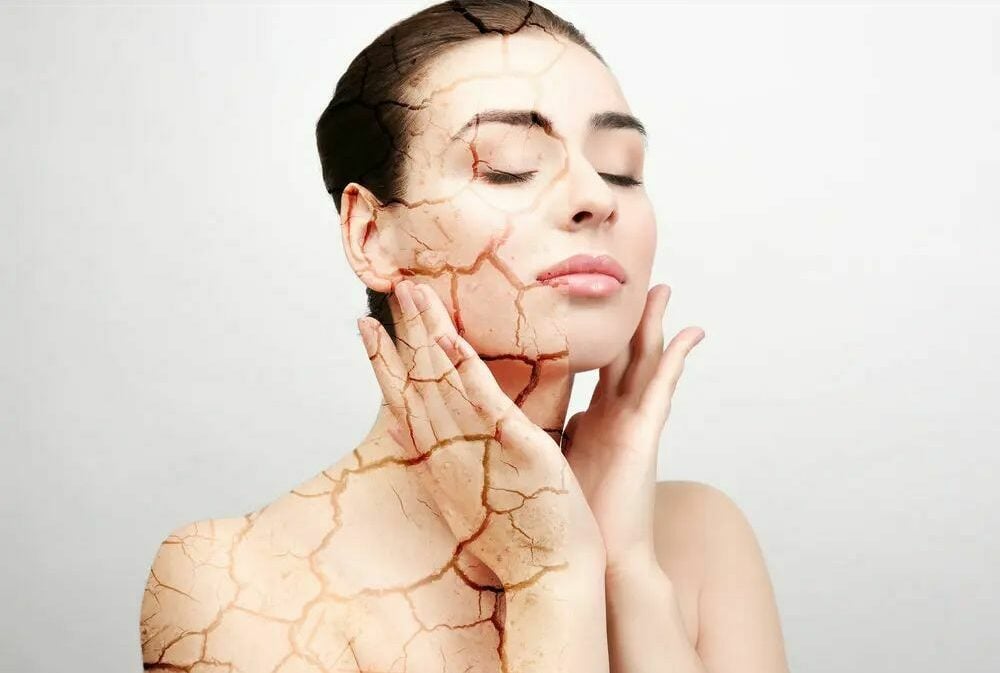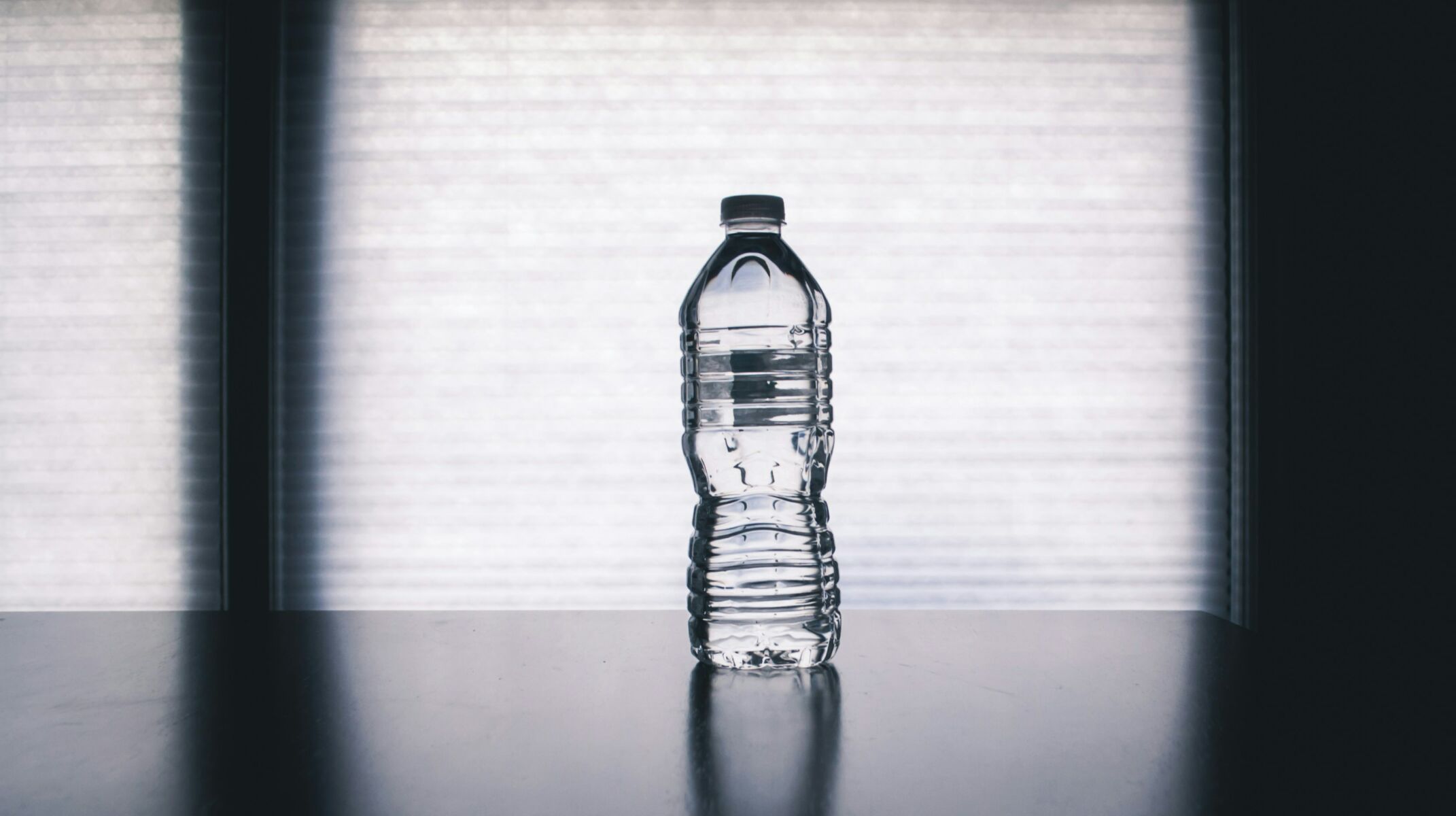You are unknowingly dehydrated: Here’s what you need to know

The silent threat of dehydration
Water is the essence of life. Every living organism on Earth, including humans, relies on water for survival. For humans, water is vital for various bodily functions, including cognitive, digestive, cardiovascular, and muscular activities. Despite its importance, many people fail to drink enough water daily. Alarmingly, up to 75% of individuals globally are chronically dehydrated, often without realizing it. Dehydration can manifest in subtle ways that are easy to overlook. This article explores the signs of dehydration, why they occur, and how you can ensure you stay properly hydrated.
The importance of staying hydrated
Maintaining proper hydration is essential to overall health. Water is a fundamental part of every cell, tissue, and organ in the body. Without sufficient water, cells can’t function optimally, leading to various health issues. Here’s why staying hydrated is so important:
- Regulates body temperature: Water helps regulate body temperature through sweating and respiration.
- Lubricates joints: Water keeps joints lubricated, reducing the risk of joint pain and injuries.
- Protects tissues: Hydration helps protect sensitive tissues like those in the eyes, mouth, and nose.
- Supports digestion: Water aids in digestion by breaking down food and absorbing nutrients.
- Detoxifies the body: Proper hydration helps flush out toxins through urine and sweat.

Effects of long-term dehydration
Dehydration can lead to severe complications, such as kidney stones, seizures, swelling of the brain, kidney failure, shock, coma and even death.
How much water do you need?
Hydration needs vary depending on factors like age, gender, activity level, and overall health. General guidelines suggest that men should aim for about 3.7 litres (125 ounces) of water per day, while women should aim for about 2.7 litres (91 ounces) per day. However, individual needs may vary, and it’s essential to listen to your body and adjust your intake accordingly.
Recognizing the hidden signs of dehydration
Headaches and tension: More than just a common issue
Headaches are common, but they can also be a sign of dehydration. When the body lacks sufficient water, brain tissue loses water, causing the brain to shrink and trigger pain. Additionally, reduced blood volume due to dehydration means fewer nutrients reach the brain, exacerbating the headache.
Solution: Instead of reaching for painkillers, rehydrate with water and electrolytes. Vitamin IV therapy can be a quick and effective way to alleviate headaches by replenishing your body’s water and nutrient levels and avoiding the side effects associated with over-the-counter pain medications.

Dark yellow urine: A clear indicator
One of the simplest ways to check for dehydration is by observing the colour of your urine. Ideally, urine should be clear or light yellow. Dark yellow urine indicates concentrated waste products, a sign that your body needs more water to flush out toxins.
Solution: Pay attention to your hydration status and drink more water throughout the day. Incorporating a balanced intake of nutrients can also help maintain optimal kidney and bladder function. Vitamin IV therapy can provide a quick boost of hydration and essential vitamins to help regulate urine colour and overall hydration.
Persistent fatigue: When sleep isn’t enough
Feeling unusually tired despite getting enough sleep can be a sign of dehydration. Water is essential for energy production, and without it, your body works harder to perform basic functions, leading to fatigue.
Solution: Increase your water intake and consider vitamin-rich hydration solutions like vitamin IV therapy to boost your energy levels and enhance overall well-being. This combination can help you feel more awake and productive without relying on caffeine or sugary energy drinks.
Constipation: A common digestive issue
Difficulty in bowel movements can also be a symptom of dehydration. Water is necessary for digestion, and a lack of it can lead to harder stools and constipation.
Solution: Rehydrating with water and ensuring you consume enough fibre can help alleviate constipation. Vitamin IV therapy can also support digestive health by providing essential nutrients that promote regular bowel movements.

Muscle cramps and tightness: The hidden culprit
Muscle cramps and tightness, even without recent physical activity, can be caused by dehydration. When the body prioritises vital organs over muscles for water distribution, muscles can cramp due to insufficient hydration.
Solution: Stay hydrated by drinking water and replenishing electrolytes, especially after exercise. Vitamin IV therapy can help prevent muscle cramps by ensuring your body has the necessary nutrients and hydration to support muscle function.
Understanding dehydration: The underlying causes
Dehydration doesn’t just occur from lack of water intake; various factors can contribute to it. Conditions like diarrhoea, vomiting, excessive sweating, and even certain medications can lead to acute dehydration. Chronic dehydration, on the other hand, can develop over time due to inadequate daily fluid intake.
How to recognise dehydration
Recognizing the signs of dehydration can help you address it before it becomes severe. Here are some key indicators:

Fatigue: Dehydration affects sleep-wake cycles and overall energy levels.
Dark-coloured urine: A practical indicator of dehydration; aim for light yellow urine.
Dry skin and lips: Decreased skin elasticity and cracked lips can be signs of dehydration.
Headaches: Often linked to dehydration due to reduced brain hydration.
Dizziness: Light-headedness, especially upon standing, can indicate dehydration.
Heart palpitations: Dehydration can cause irregular heartbeats due to electrolyte imbalances.
Low blood pressure: A serious sign of severe dehydration requiring medical attention.
Poor concentration: Dehydration can impair cognitive functions and mood.
Dehydration in infants and children
Children are more susceptible to dehydration due to their higher metabolic rates and greater water loss. Signs of dehydration in children include fewer wet diapers, dry mouth, and sunken eyes. Severe dehydration can be life-threatening and requires immediate medical attention.
Preventing dehydration: Practical tips
Stay hydrated with the right fluids
To prevent dehydration, it’s essential to consume adequate fluids daily. Here are some tips:
- Keep water accessible: Carry a water bottle with you to encourage frequent sipping.
- Flavour your water: Add fresh fruit, lemon juice, or mint to make water more appealing.
- Drink herbal tea: Unsweetened teas can count towards your daily fluid intake.
- Eat hydrating foods: Fruits and vegetables with high water content, like cucumbers and watermelons, can help maintain hydration.
- Monitor urine colour: Use the colour of your urine as a gauge for hydration status.
- Set reminders: Use a phone app or alarm to remind you to drink water throughout the day.
- Track your intake: Keep a log of how much water you drink to ensure you meet your hydration goals.
Special Considerations for Athletes and Pregnant Women
Athletes and pregnant women have higher hydration needs. For athletes, replenishing electrolytes lost through sweat is crucial. Pregnant women should increase fluid intake to support increased blood volume and prevent dehydration-related complications
Additional Causes of Dehydration
- Diabetes
People with diabetes, especially those undiagnosed, are at higher risk of dehydration due to increased urine output as the body attempts to expel excess glucose.
- Medications
Certain medications, including diuretics and those with side effects like diarrhoea or vomiting, can contribute to dehydration.
- Low-carb diets
Carbohydrates help store water in the body. Reducing carb intake can decrease hydration levels, so it’s essential to compensate by drinking more fluids.
- Stress
Chronic stress can lead to adrenal fatigue, affecting hormone levels that regulate fluid and electrolyte balance, leading to dehydration.
- Irritable Bowel Syndrome (IBS)
IBS symptoms like nausea and chronic diarrhoea can cause significant fluid loss, increasing the risk of dehydration.
Unusual signs of dehydration
- Bad breath: Reduced saliva production can lead to bacterial overgrowth in the mouth, causing bad breath.
- Dry or flushed skin: Dehydration can cause dry skin and reduced skin elasticity.
- Fever and chills: These can indicate heat illness, which exacerbates dehydration.
- Food cravings: Difficulty in breaking down glycogen due to dehydration can lead to cravings, particularly for sweets.
When to seek medical help
While mild dehydration can often be managed by increasing fluid intake, severe dehydration is a medical emergency. Symptoms like extreme fatigue, sunken eyes, and minimal urination require immediate medical attention. Infants, children, and older adults are particularly vulnerable and should be closely monitored for signs of dehydration.

Hydration for a healthy life
Dehydration is a common yet often overlooked health issue. By recognizing the signs and understanding the importance of proper hydration, you can take proactive steps to maintain your health. Ensure you’re drinking enough fluids daily and consider incorporating hydrating foods into your diet. For those with higher hydration needs, such as athletes and pregnant women, paying extra attention to fluid intake is crucial. If you suspect severe dehydration, seek medical help immediately to prevent serious complications. Stay hydrated, stay healthy, and enjoy the benefits of a well-hydrated body. Embrace the benefits of proper hydration for a healthier, more energetic, and vibrant life.
Latest Thailand News
Follow The Thaiger on Google News:


























